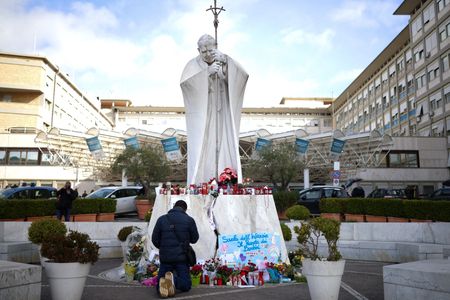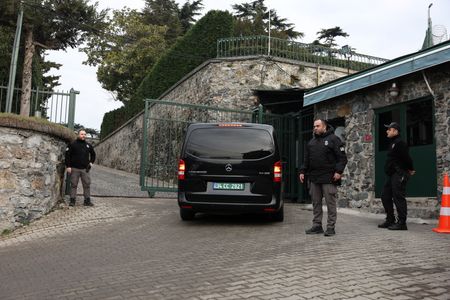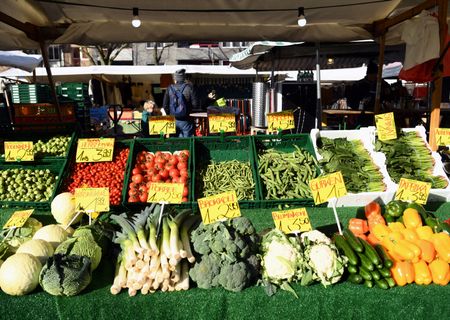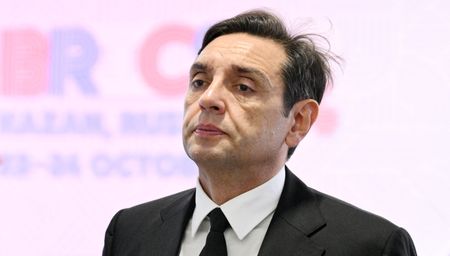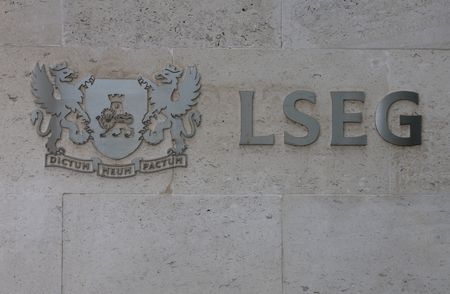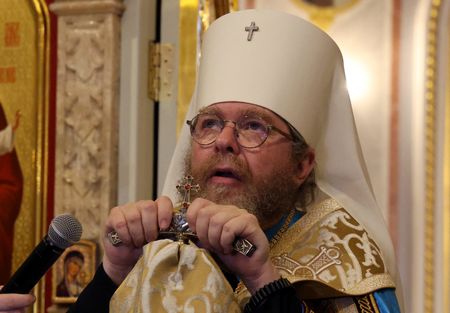By Edward McAllister and Renee Maltezou
ATHENS (Reuters) – Clashes broke out in Athens on Friday as hundreds of thousands of people rallied across Greece to demand justice on the second anniversary of the country’s deadliest-ever train crash, and striking workers brought air, sea and rail transport to a halt.
Fifty-seven people were killed when a passenger train filled with students collided with a freight train on February 28, 2023, near the Tempi gorge in central Greece.
Two years later, the safety gaps that caused the crash have not been filled, an inquiry found on Thursday. A separate judicial investigation remains unfinished and no one has been convicted in the accident, fuelling popular anger.
Demonstrations were held in cities and towns across Greece in one of the biggest protests in the country in years.
In the capital Athens, the protest turned violent when a group of hooded youths hurled petrol bombs at police and tried to storm the barricades in front of parliament. Booms of tear gas volleys fired by riot police rang out across the centre.
Earlier on Friday, a sea of people poured into the central Syntagma Square in front of parliament, chanting “murderers” against what they say is the state’s role in the disaster.
Prime Minister Kyriakos Mitsotakis’ centre-right government, which won re-election after the crash in 2023, has faced repeated criticism by relatives of the victims for failing to initiate a parliamentary inquiry into political responsibility.
The government denies wrongdoing and says it is up to the judiciary to investigate the accident.
Friday’s protests reflected mounting anger over the disaster in Greece, where mistrust of government is common following a 2009-2018 debt crisis in which millions lost out on wages and pensions, and public services suffered from underfunding.
“The government hasn’t done anything to get justice,” said Christos Main, 57, a musician at the Athens rally. “This wasn’t an accident, it was murder,” he said.
Another protester, who gave her name as Evi, said she was there to mourn the dead, “but also because the government has tried to cover things up”.
On Friday, many pupils went to class dressed in black, a symbol of mourning. Others held up black balloons.
Protesters spray-painted the names of the dead in red on the ground in front of the parliament building. “I have no oxygen” – a woman’s last words in a call to emergency services – echoed in chants across the country.
GENERAL STRIKE
All international and domestic flights were grounded as air traffic controllers joined seafarers, train drivers, doctors, lawyers and teachers in a 24-hour general strike to pay tribute to the victims of the crash.
Businesses were shut and theatres cancelled performances.
In a Facebook post on Friday, Mitsotakis said his government would work to modernize the railway network and make it safer.
“That night, we saw the ugliest face of the country in the national mirror,” he wrote of the night of the crash. “Fatal human errors met with chronic state inadequacies.”
Opposition parties have accused the government of covering up evidence and urged it to step down. Next week, parliament is expected to debate whether to set up a committee to investigate possible political responsibility in the disaster.
In a survey carried out this week by Pulse pollsters, 82% of Greeks asked said the train disaster was “one of the most” or “the most” important issue in the country and 66% said they were dissatisfied with the investigations into the accident.
“Every day, the monster of corrupt power appears before us,” Maria Karystianou, whose daughter died in the crash and who heads an association of victims’ families, told the crowd in Athens
Students shouted “Text me when you get there,” – the final message many of the victims’ relatives sent them. A cardboard sign read: “Greece kills its children.”
“We’re here because we’re parents… tomorrow it might be our children,” said Litsa, a 45-year-old nurse.
(Additional reporting by Karolina Tagaris, Angeliki Koutantou and Lefteris Papadimas; writing by Karolina Tagaris; editing by Philippa Fletcher)











